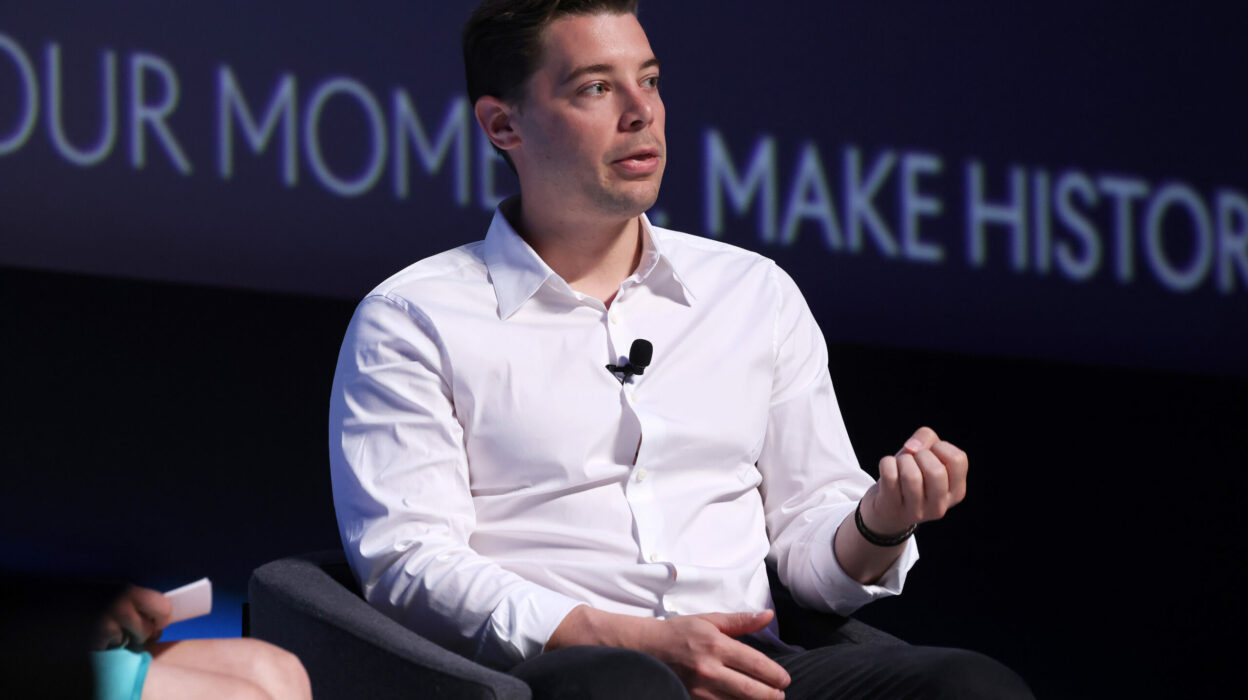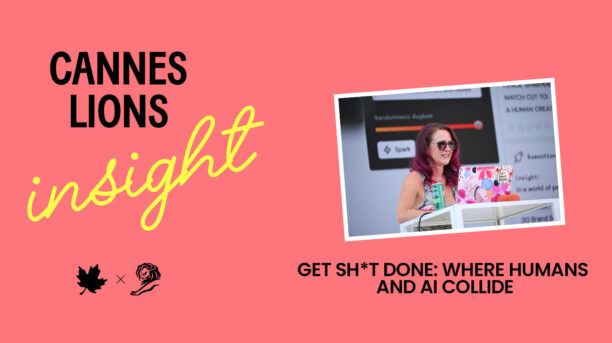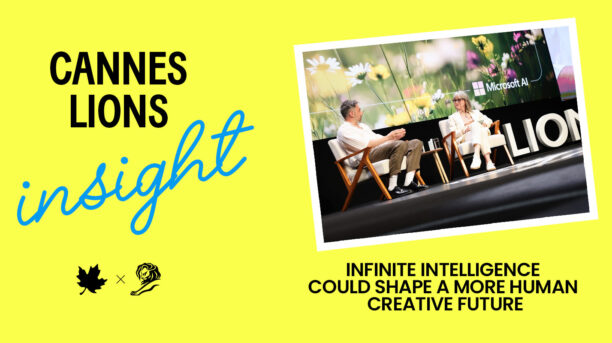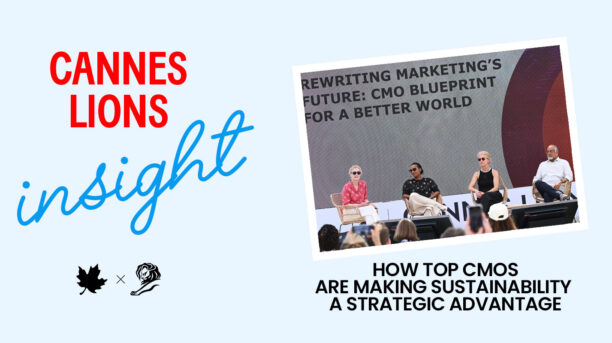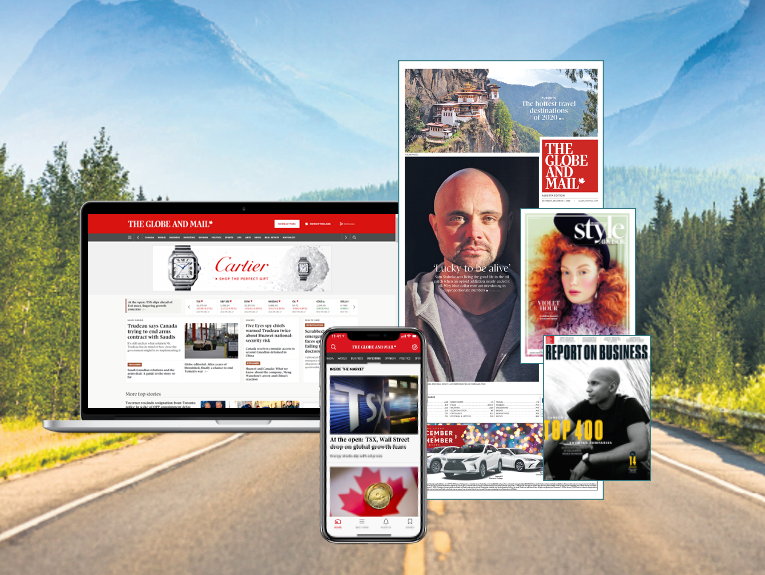From AI’s role in job displacement to concerns of homogenization, OpenAI’s Brad Lightcap offers insights on the future of creativity, the diversification of ideas and the powerful potential of AI to drive innovation.
Over the past year, OpenAI made waves by unveiling remarkable generative AI tools such as DALL·E and ChatGPT, opening up a whole new world of possibilities for millions of people. What once seemed like science fiction suddenly became a reality. Now, the question arises: how will this technological advancement shape the creative landscape?
In a discussion held at the Cannes Lions festival, Margaret Johnson, Chief Creative Officer of Goodby Silverstein & Partners, and Brad Lightcap, COO of OpenAI, come together to delve into the future of creativity with the increasing use of AI tools like ChatGPT.
Johnson starts the conversation by referring to a recent report from AdAge, which predicts that approximately 30,000 ad jobs will disappear by 2030, leading to concerns about AI replacing human roles.
However, Lightcap offers a different perspective. He points out that technology has always transformed how we work, citing the example of PCs revolutionizing various industries. In the advertising field, inventions like CGI, advanced animation techniques, and sophisticated sound and video mixing have become crucial tools, and Lightcap sees AI as another powerful addition to enhance creative capabilities.
Lightcap acknowledges the need for adapting workflows and anticipates that certain tasks might require less time in the future. But he expresses unwavering confidence by making a bold bet: “In five years, this industry will be buzzing even more.” He believes that AI has the potential to amplify creativity by enabling exploration of ideas, pushing imaginative boundaries, refining concepts and accelerating the creative process. This, in his view, will lead to a remarkable surge of creativity.
Johnson raises a valid concern: if everyone relies on these creativity-enhancing tools, won’t everything start looking similar? Lightcap disagrees, emphasizing that AI will actually expand the possibilities for exploration. With AI, it becomes easier to visualize and evaluate a wide range of high-quality images, storyboards, and more, without requiring excessive resources. This, he believes, will result in a tremendous diversification of ideas.
Looking to the future, Johnson asks about upcoming projects. Lightcap reveals that OpenAI is committed to improving AI models by broadening the input used for training. They aim to diversify data, languages, and localize content to make the tools more accessible while maintaining their high quality.
Lightcap envisions people utilizing these AI tools to create highly personalized experiences. He notes that individuals desire personal connections and the ability to engage with brands, even if it means conversing with an AI. The ability to express opinions and have them acknowledged becomes feasible with AI.
Another concern raised by Johnson pertains to distinguishing between AI-generated content and human-created content. Lightcap assures that both watermarks and hashtags will likely emerge to address this issue. OpenAI is actively working on making AI outputs identifiable, with progress already made in text and easier challenges in image watermarking. Ultimately, society will need to develop approaches to handle these advancements.
Lastly, the discussion turns to the ultimate question: will AI destroy or save the world? Lightcap believes these ideas are not mutually exclusive. As AI advances, it becomes more powerful, but it is our responsibility to ensure responsible development. OpenAI prioritizes safety and alignment, striving to establish clear limits for AI systems and allowing them to seek clarification when necessary.
Lightcap’s outlook is broadly optimistic. If we navigate this path successfully, these systems can accomplish extraordinary feats. He envisions AI assisting in finding cures for diseases like cancer and tackling global issues such as climate change. OpenAI’s mission is to harness the immense potential of these systems and fulfill the promises they hold.
Katherine Scarrow
Follow us @globemediagroup on Instagram, LinkedIn, and Twitter to stay in the know.

